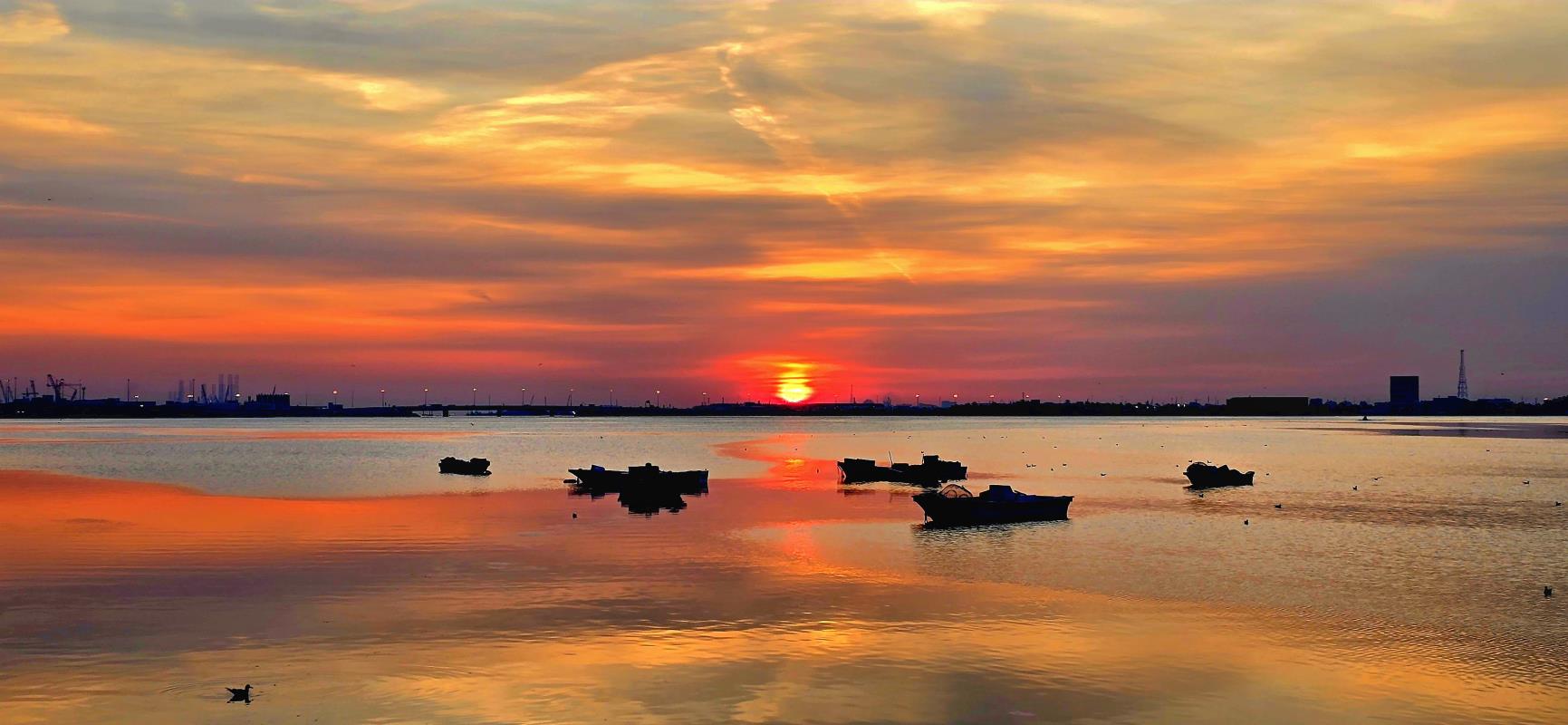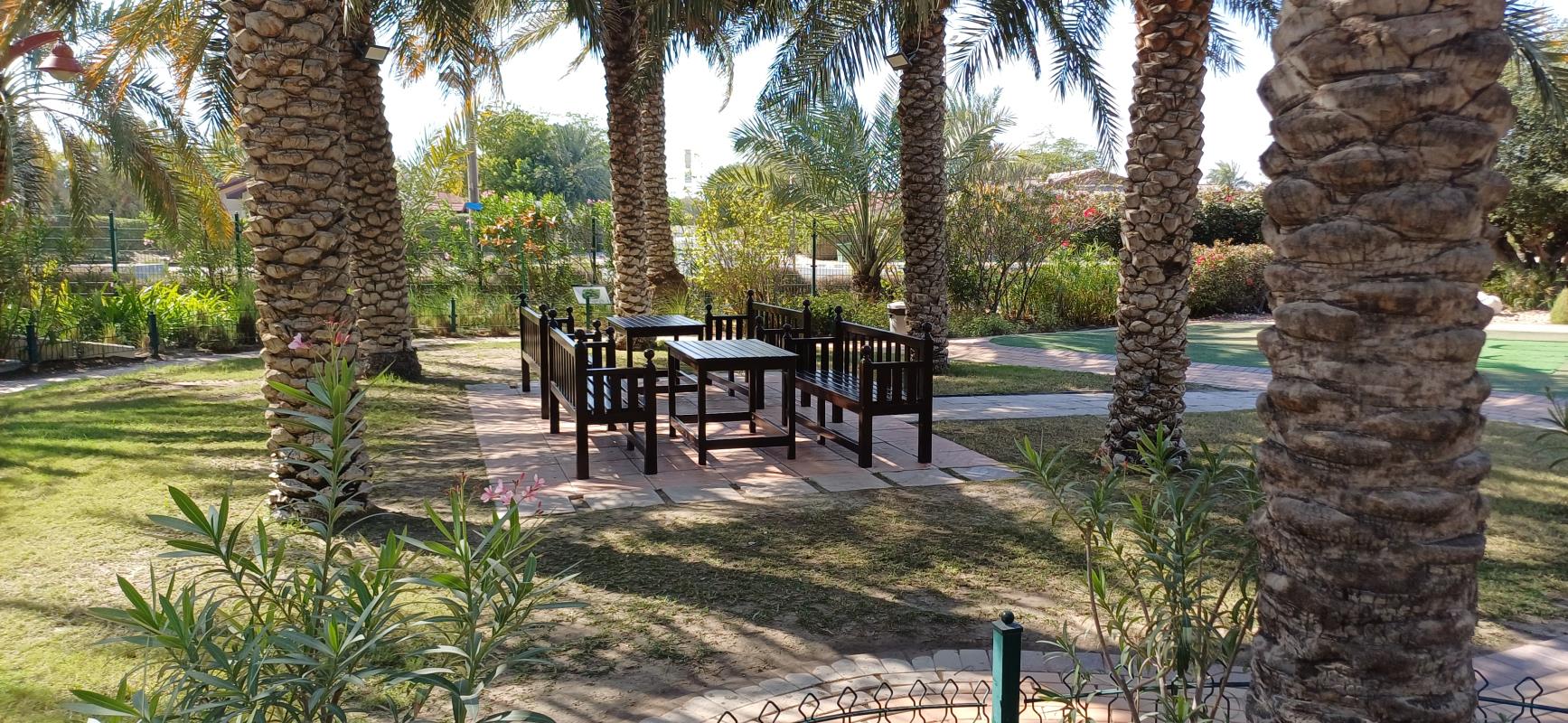
Germany is building a car-free bicycle highway that will stretch to 62 miles, once completed.
When finished, it will connect 10 German cities, including Duisburg, Bochum, and Hamm, as well as four universities. It has been built to help minimize car pollution and is projected to get 50,000 cars off the road everyday, once completed.
An autobahn for bicycles
The bicycle highway looks like a traditional road, with passing lanes, overpasses, underpasses for crossroads, and even streetlights. The great benefit to riders, however, is that they won't have to worry about buses, cars and trucks tailgating them or coming up from behind.
nstead, they will have a clear road, aside from the other cyclists, for miles and miles. All bikeways and pedestrian paths are completely separate from any vehicle lanes.
The first three-mile stretch of the road opened in 2015, connecting Mülheim an der Ruhr and Essen.
The fruits of a cultural project
The idea was thought up in 2010 when a cultural project caused the closure of the road between Duisburg and Dortmund. More than three million people hit the road by foot, on bikes, and on skates.
Alongside Europe's growing affection for electric bikes and e-bike services, such as Uber's new Jump bikes, and a desire for a cleaner environment, the idea came to fruition.
















































































